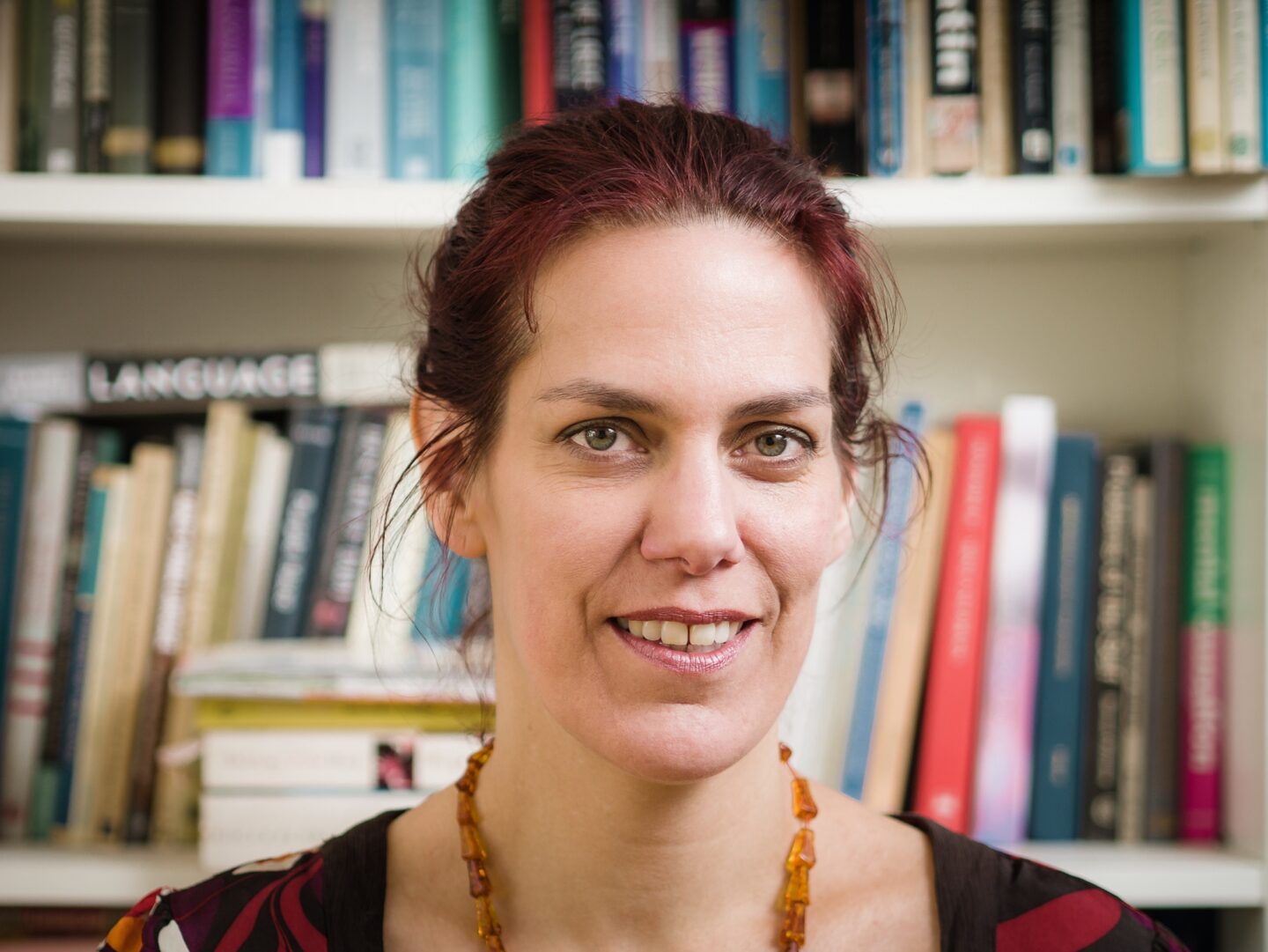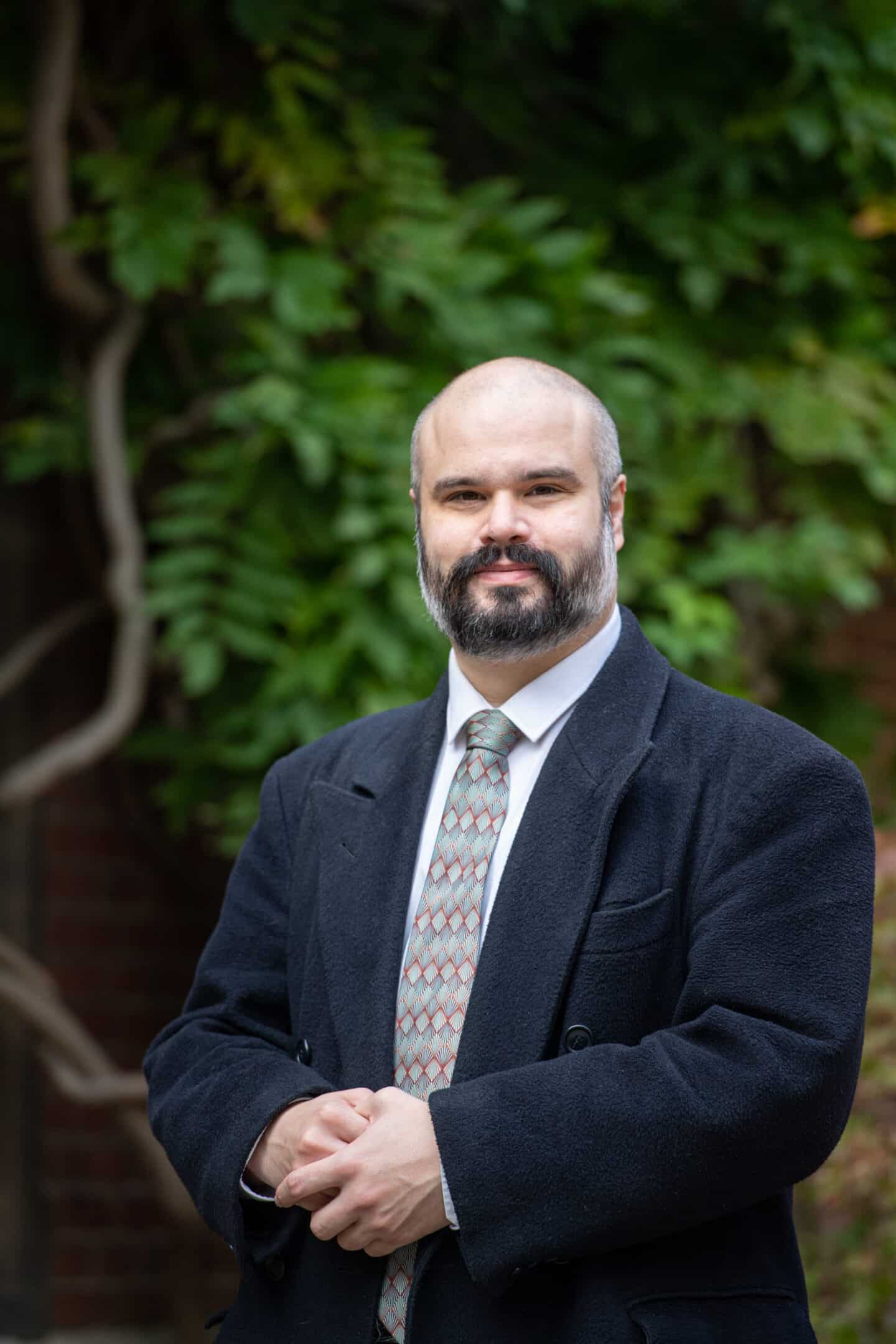
Undergraduate Courses
Philosophy
Philosophy is the general study of reality and our relationship to it. It seeks an understanding of many everyday concepts such as cause, mind, good and bad, object, fact, truth, right and wrong, appearance and reality, number, reason...
The study of Philosophy develops analytical rigour and the ability to criticise and reason logically. It allows you to apply these skills to many contemporary and historical schools of thought and individual thinkers, and to questions ranging from how we acquire knowledge and form moral judgements to central questions in the philosophy of religion, including the existence and nature of God.
The course at St Peter's
The College admits about 14 students per year for joint degrees including Philosophy.
You don’t need an A-Level in Philosophy to study Philosophy at St Peter’s, although having some recent experience of writing essays might help. In general, the admissions requirements for joint degrees including Philosophy are very similar to those for the other subject in the joint degree, together with a track record or obvious potential to think philosophically.
At the admissions interview, we’re interested in finding out whether you can think, not just what you’ve read or what you’ve been told, and so we’ll try to get you to discuss topics you may never have thought about before and to consider opinions which are different from yours.
There are three philosophers at St Peter’s - Dr Tim Mawson, Dr Peter Kail, and Dr Sophie Allen - who are all enthusiastic about teaching, as well as being experts in different areas of Philosophy, which cover most of the Oxford course, so the teaching in College is lively, broad and varied.
We like to challenge our students to think critically and more deeply, and to learn how to tackle problems that at first seem impossible to broach. Most of all, we try to make studying philosophy both interesting and enjoyable and encourage our students to take advantage of the rich environment that Oxford philosophy has to offer.
The course consists of lectures run by the University, and tutorials which you have in college once or twice a week, usually in groups of between 1-3 students. For the tutorials, you have a topic to read about and write an essay which you will discuss with your tutor and others in your tutorial group.
In the first year, you study a general introduction to philosophy, logic, and a set text selected to go with your joint degree course. After the first year, you can choose from more than 25 different option papers, catering for those who wish to concentrate on the formal side of contemporary philosophy, such as logic, metaphysics or philosophy of mind, ethics, or the philosophy of religion, or those who would rather become engrossed in the philosophical systems of the great thinkers of the past.
-


Dr Peter Kail
- Fellow and Tutor in Philosophy
- Associate Professor of Philosophy
- Tutor for Undergraduates

Dr Tim Mawson
- Edgar Jones Fellow and Tutor in Philosophy
- Dean, Prevent Lead
- Fellow Librarian
